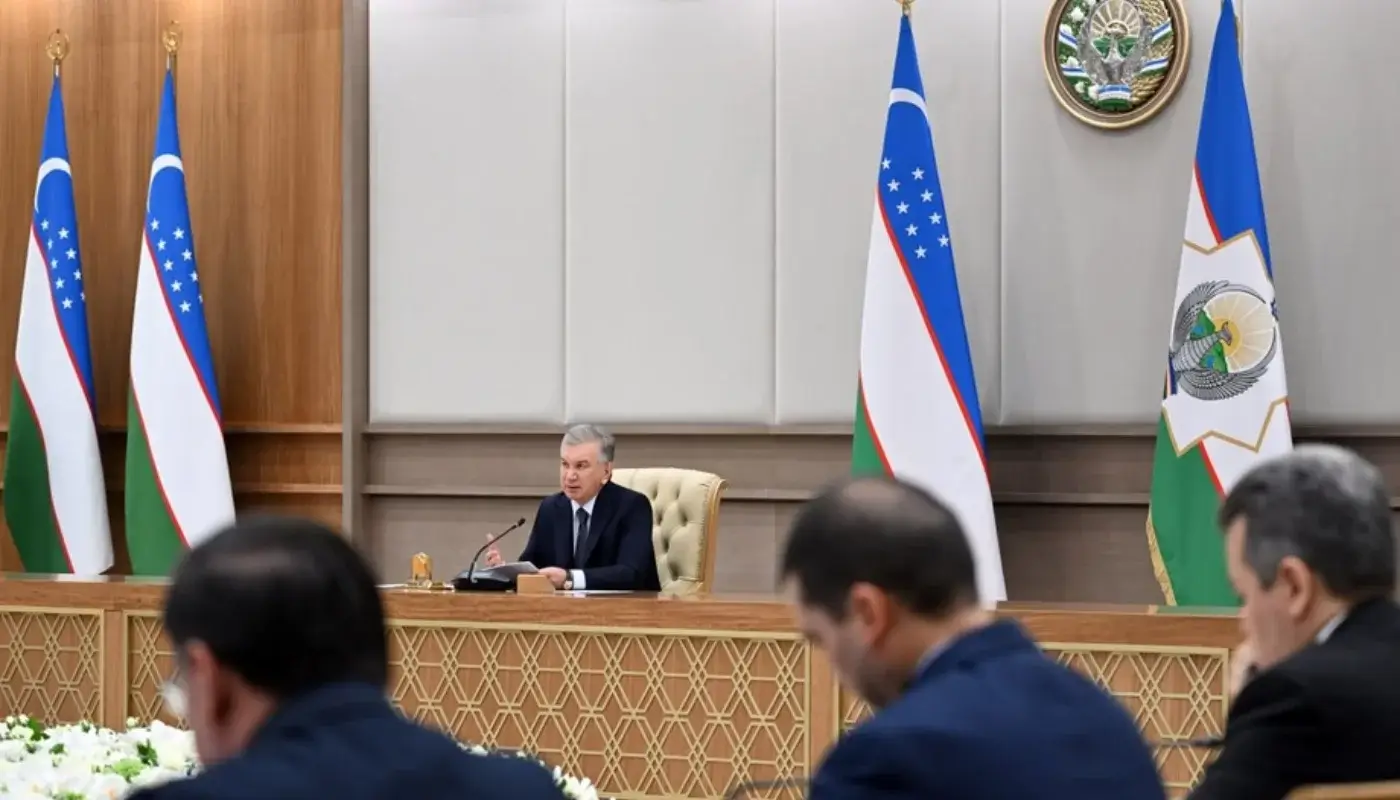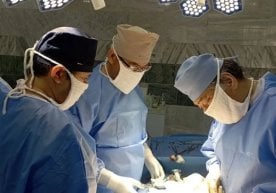A new era in disability recognition: a corruption-free system and radical reforms in healthcare in the mahalla

A new system is being introduced in Uzbekistan aimed at formalizing disability and improving the population's access to medical services. According to the head of state, from now on, medical advisory commissions (MACs) - a procedure that has been associated with corruption for years - will be completely abolished.
Instead of this system, disability will be determined only by a medical and social expertise commission, based on documents issued only by a family doctor. This change will be fully implemented in Tashkent city and Navoi region from June 1, 2024, and in all regions of the country from September 1.
At the same time, a "mahallabay medical service" system will be launched in order to detect diseases early and reduce their complications. As part of this, for example, doctors from regional cardiology, endocrinology, maternal and child centers and the central hospital will be connected to polyclinics and mahallas in the Ishtikhan district of the Samarkand region.
They conduct direct medical examinations among the population, teach early detection of diseases in collaboration with family doctors, and introduce modern diagnostic and treatment methods in polyclinics.
Professors and teachers of Samarkand Medical University and graduate students will also be involved in this process. They will undergo internships in these neighborhoods and carry out their scientific work right there.
If the results are high at the end of the year, doctors and specialists involved in this project will be paid a bonus of twice their monthly salary.
The President instructed to implement this system in at least one district from each of Ishtikhan district, Samarkand city, Bulungur district and other regions this year, and in the entire Samarkand region from 2025, and in 2027 throughout the country.
The Ministry of Health, together with medical universities, will train 4,700 family doctors and nurses in 15 districts under the "Family Health" program by the end of the year and train heads of medical institutions as managers.
It has been determined to allocate 285 billion soums from the state budget for the full implementation of the new system in the regions, and an additional 10 billion soums from regional khokimiyats.
These reforms are aimed at significantly improving the quality of medical services in the mahalla and creating the opportunity to provide medical services closer to the population. The goal is a healthy generation, a fair system, and transparent medical services. Read “Zamin” on Telegram!
Ctrl
Enter
Found a mistake?
Select the phrase and press Ctrl+Enter 





















